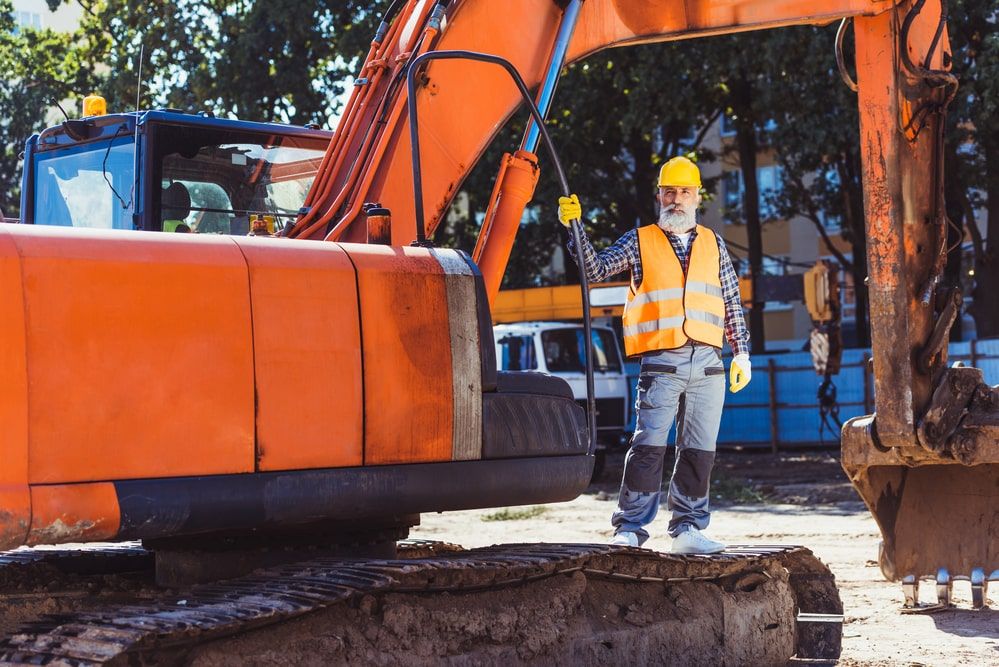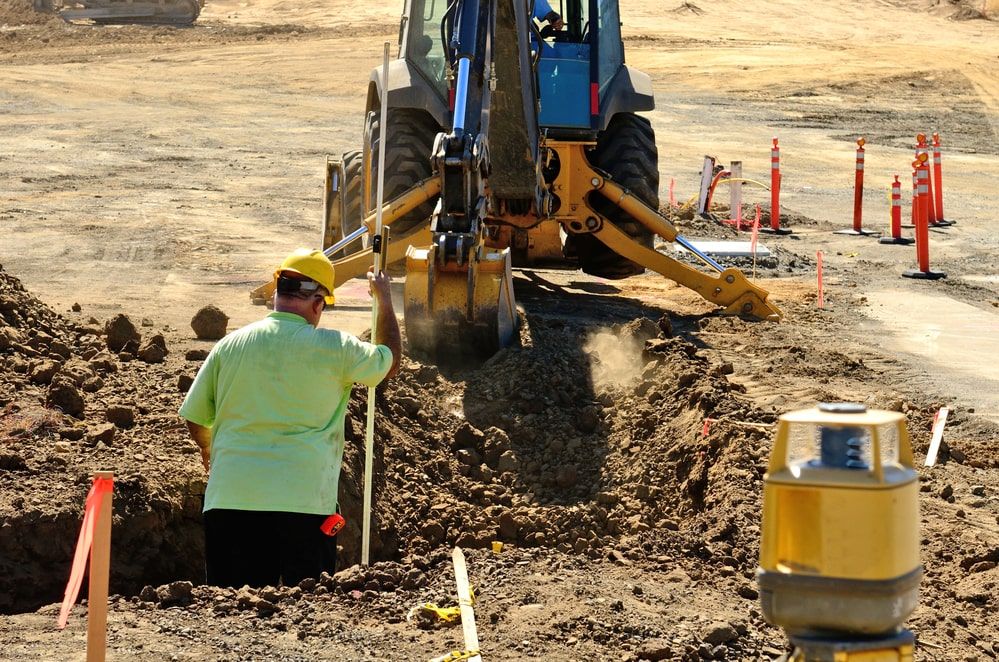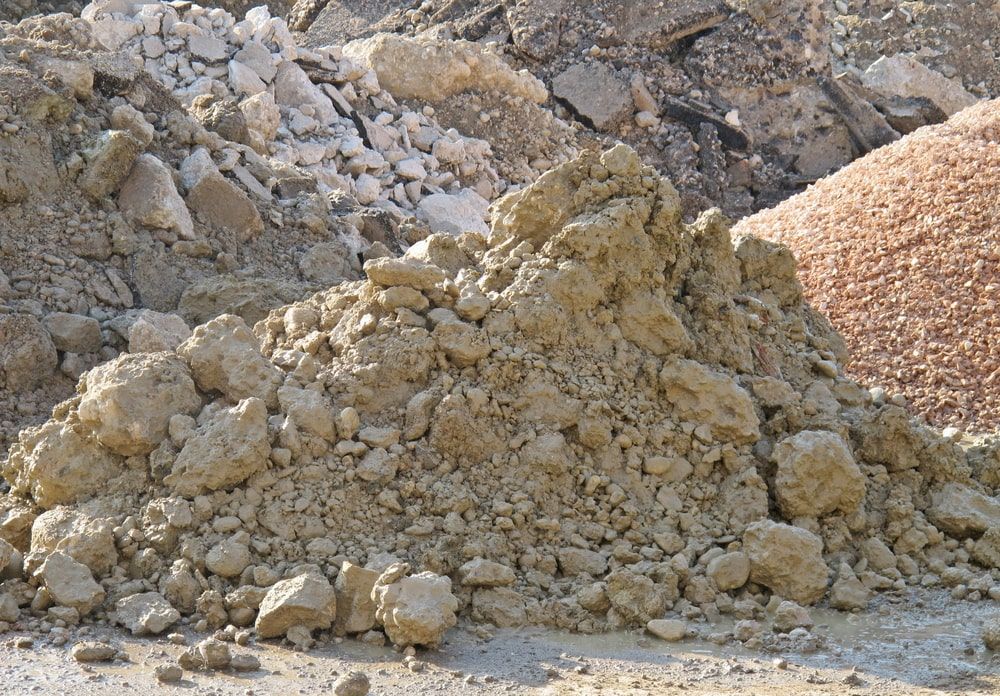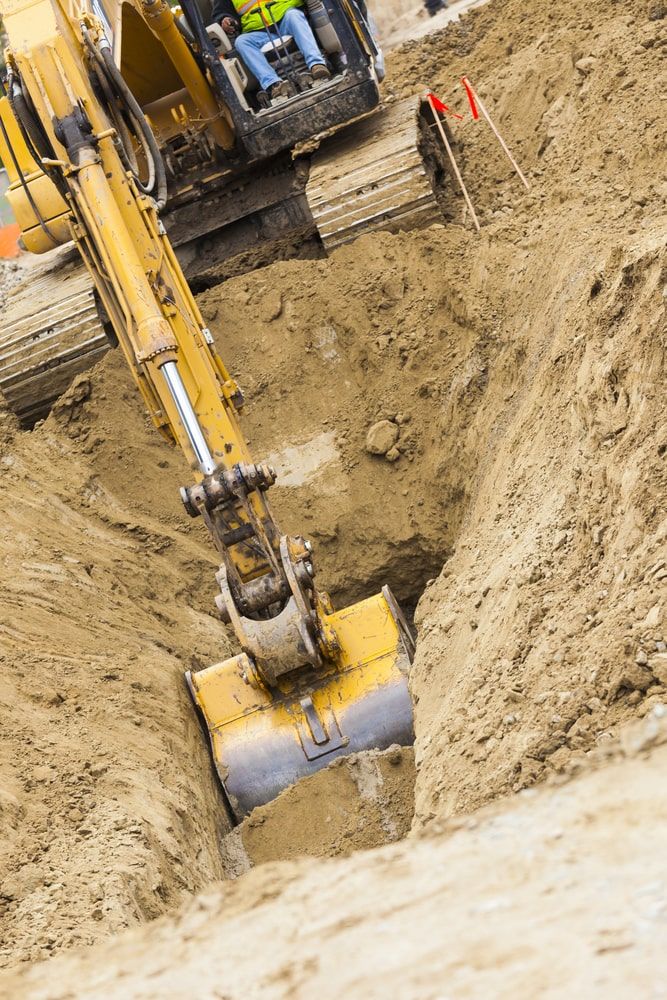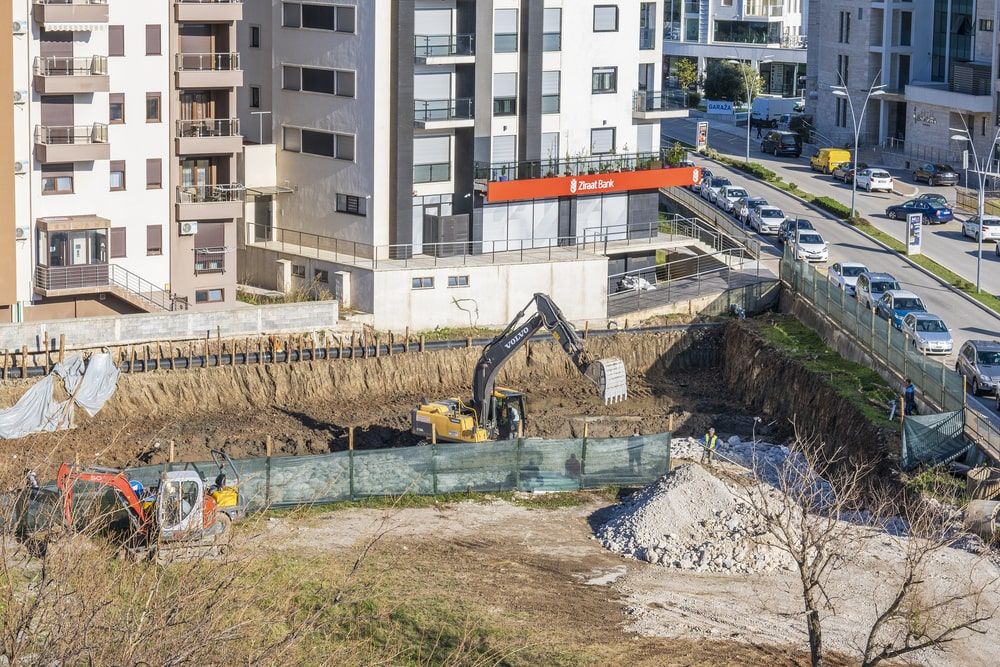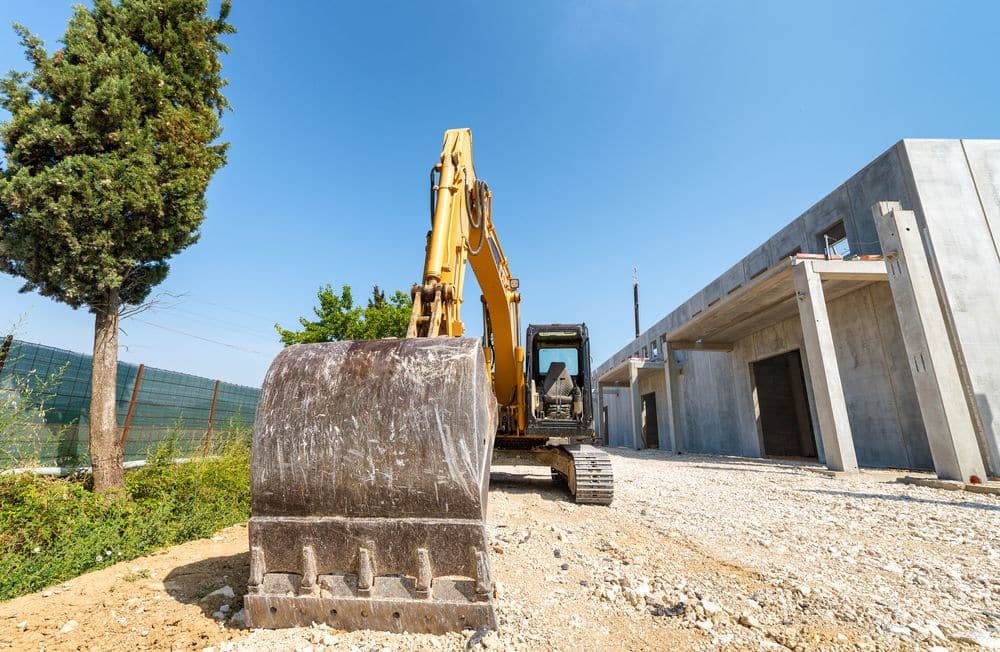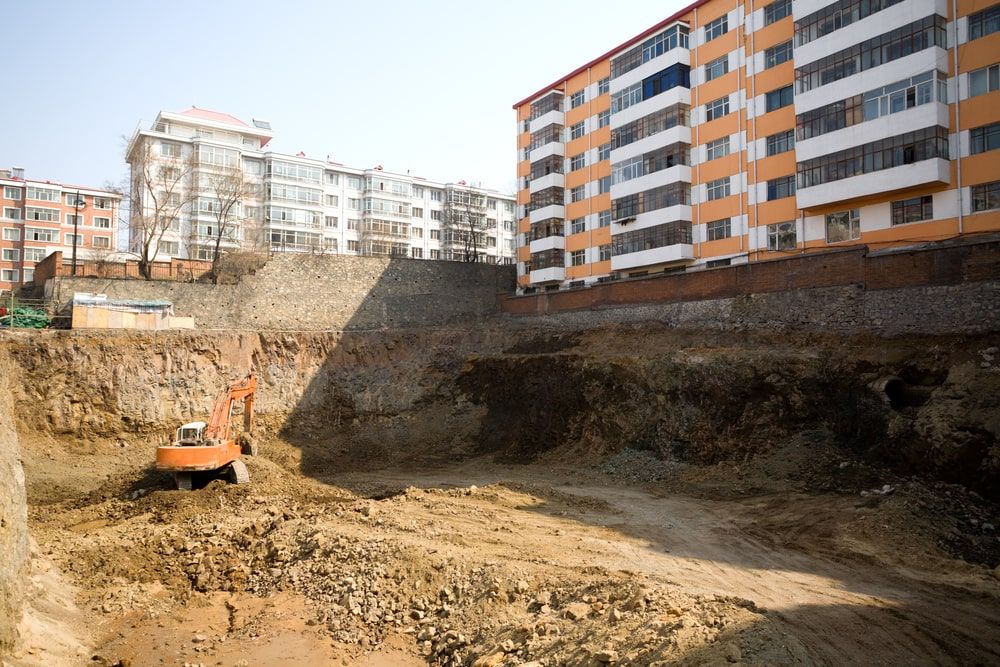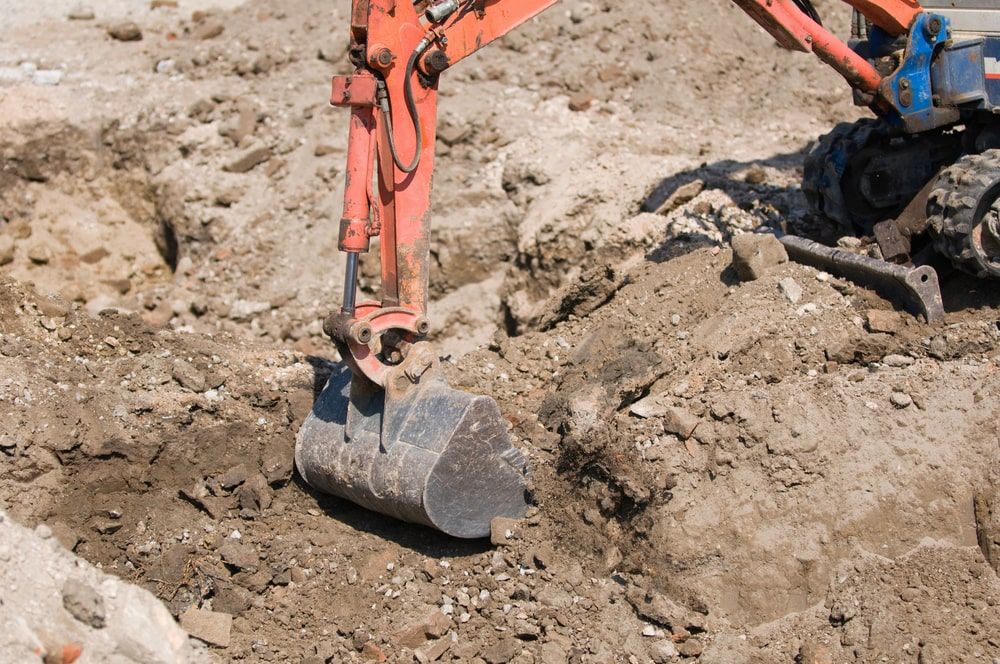Excavation services are used in many different applications.
Contrary to popular belief, excavation work is more than just digging a hole in the ground. Depending on the needs of your construction project, you may require excavation services from contractors specializing in different areas of excavation.
Whether it’s trenching, road construction, basement excavation, or drainage excavation, you need to ensure that you are hiring an experienced and professional excavation services provider to do the work.
In today’s post, let’s take a look at the different types of excavation services.
What Kind of Excavation Services Do You Need?
There are different types of excavation work. These types are identified by three factors:
- The type of construction project
- The purpose of the excavation work
- The materials to be excavated
When you have these factors identified, a professional excavation contractor can determine precisely what type of equipment is required and the proper techniques to complete the job.
Whether you need to dig and move construction materials to build your structure, install underground pipes, or create a road, knowing the different types of excavation services is beneficial.
This knowledge can help you determine what type of excavation work you need for your own project.
While it’s true that you can always consult the contractors you will hire, it’s always better to be well-informed about these topics so you can make informed decisions.
Classifications of Excavation Work
The classifications of excavation work are further divided into t
Excavation Work Based on Materials Dug and Moved
Job-Based Excavation Services
These excavation services are based on the specific task you’re planning to accomplish at the end of the project.
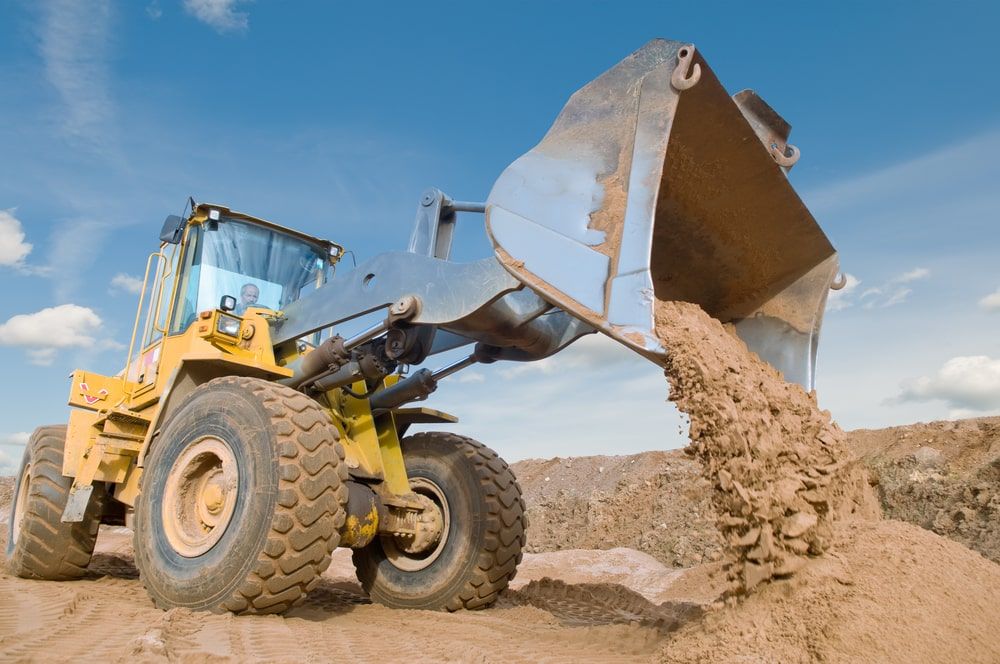
These jobs may require different sets of tools.
On top of that, excavation contractors may need to perform specific techniques and processes to get the job done safely and effectively.
Cut and Fill Excavation
This type of excavation process is also referred to as stripping. However, it’s not the same as topsoil excavation, which entails digging a pit or shallow trench.
Cut and fill excavation entails removing massive areas of land on the worksite to make way for the construction project.
Materials such as gravel, rock, soil, sand, unwanted vegetation, and other obstructions are stripped away from the worksite.
This excavation service may also include land grading work. This process ensures that the site is level before construction begins.
Drainage Excavation
This type of excavation work entails making way to construct storm drains or other similar systems to channel water.
This means removing materials from the earth to move water away from one area through a trench, ditch, drain, or other depressions for water runoff.
When you do this type of excavation, the aim is to change the water flow and direct it away from your building, roads, and other structures that could be damaged by flooding.
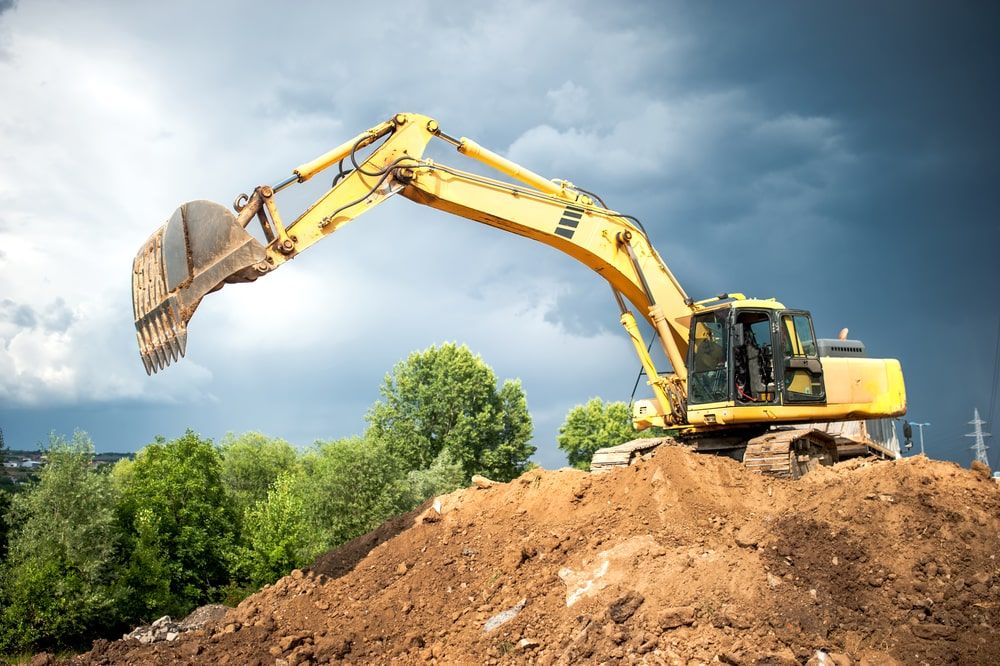
Drainage excavation is also done to alter agricultural drainage systems based on your specific needs.
These needs include either reducing water levels in areas likely to flood or transporting water to parts of the fields that require it.
Borrow Excavation
Employing excavation services does not always mean you need materials removed.
If your construction project calls for bringing other materials into your worksite, borrow excavation must be performed.
Typically, materials that are brought in include gravel, sand, soil, or a combination of these that will possibly come from a pit.
This type of excavation work is required for leveling, filling, or backfilling certain areas in your construction site. Borrow excavation is also done when you either don’t want to or cannot repurpose materials removed from the site.
Bridge Excavation
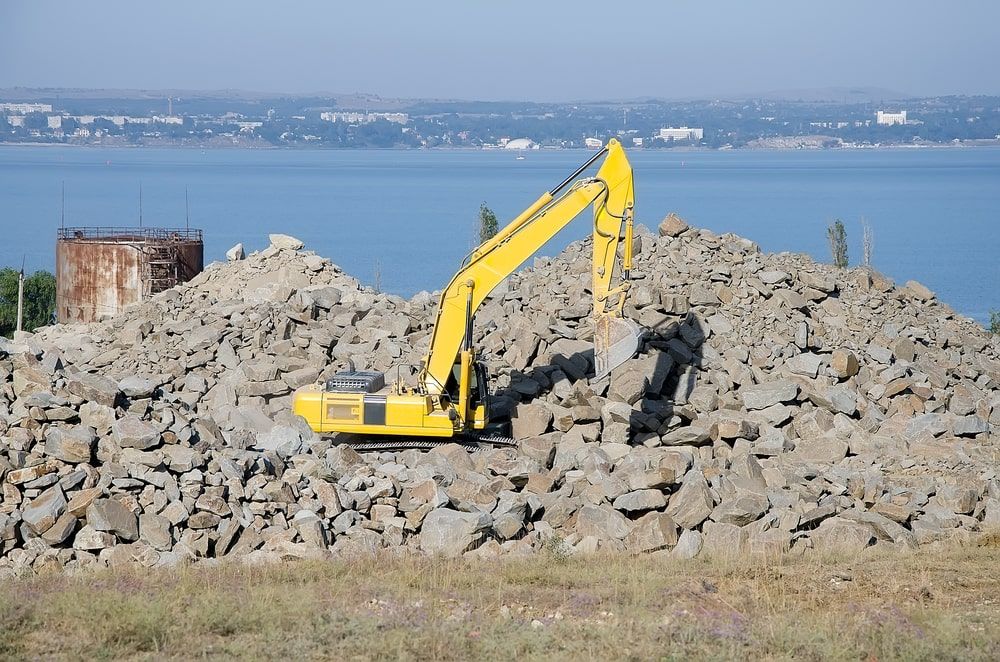
You need a robust and sturdy foundation when constructing bridges.
If your project entails building a bridge, the excavation work needs to be done properly.
Thus, it’s essential to eliminate all obstructions that are in the way of a sturdy foundation for the bridge and other bridge substructures.
Bridge excavation may need backfilling and other excavation techniques.
A professional and experienced excavation company can help you with bridge excavation work.
Channel Excavation
Channel excavation fixes a ditch or existing channel’s drainage flow when needed. This type of excavation service removes debris and other materials within the channel to improve the water flow.
The primary purpose of channel excavation work is to alter the flow of water or to increase it depending on the needs of the construction project. This excavation work can fix water issues such as sediment buildup, flooding, or water stagnation.
Material-Based Excavation Services
Many classifications of excavation work focus on what type of material needs to be removed. This is because excavation specialists would need to use specific techniques and equipment.
For instance, you can’t use the same excavation machinery and technique to remove the rock as you would dirt.
Excavation work based on what materials need to be moved or removed may also need different attachments on the equipment and machinery.
Earth Excavation
This type of material-based excavation work involves removing the soil underneath the topsoil surface. Depending on the needs and the type of the construction project, you can excavate as deep as needed.
Earth excavation is applied to several construction undertakings.
Some of these endeavors include constructing bridges, laying down the foundation of a building, building embankments or drainage systems, and laying pipes, plumbing systems, and other underground utilities.
Topsoil Excavation
Unlike earth excavation, topsoil excavation entails removing the topmost surface level of the site. This is typically at a depth of up to 12 inches.
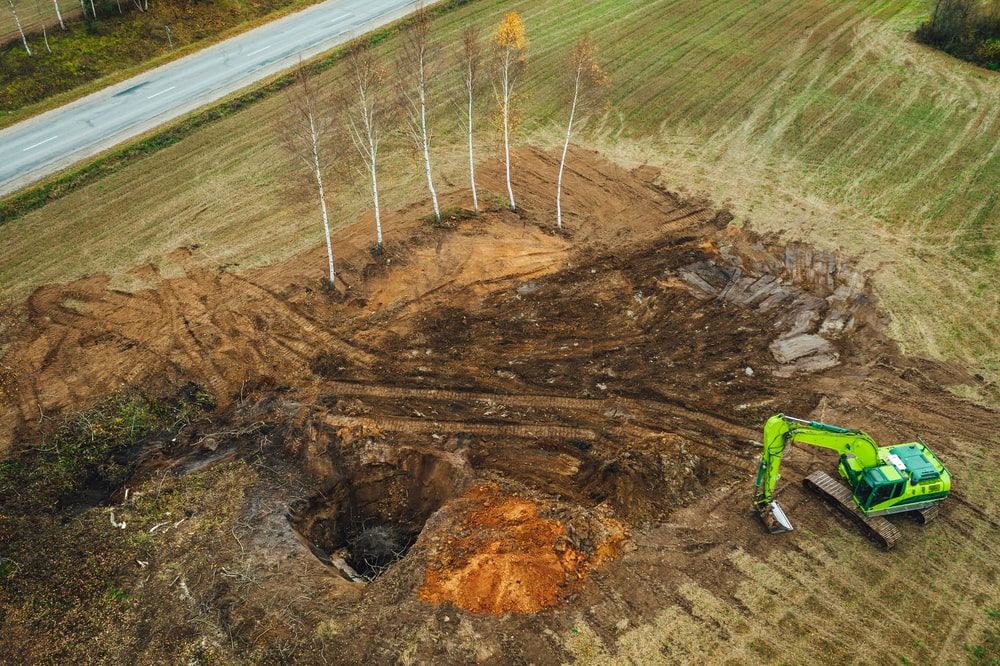
Topsoil excavation contractors will remove vegetation, soil, organic matter, and other materials.
These can either be kept on site for a variety of purposes, landscaping being one of them.
Rock Excavation
Rock excavation requires specialized machinery and specific excavation techniques. This is because the rock is a difficult material to excavate as compared to soil, dirt, or other materials.
Breaking up and removing rocks will present more challenges on the part of the excavating contractor.
Aside from excavation work, blasting or drilling may also be needed to remove rocks from the worksite altogether.
Clearing the site of rigid and unyielding rocky surfaces requires professional rock excavation services.
Muck Excavation
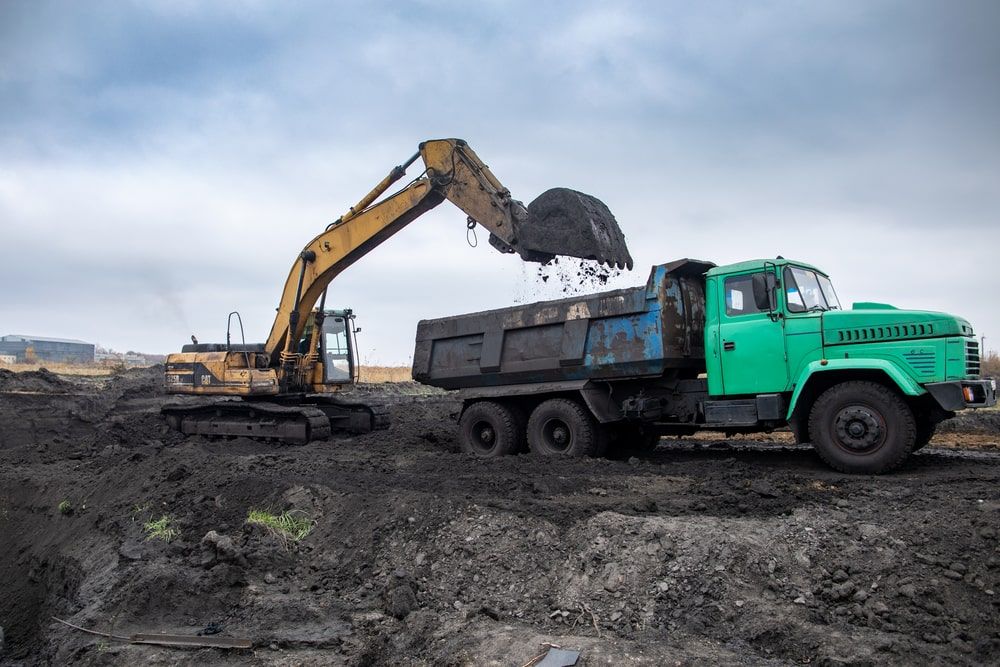
This type of excavation is the elimination of excessively wet soil, which is referred to as muck.
These wet materials are not ideal for stockpiling.
They can also make the site unstable, making the area incompatible for safe and efficient building.
Excavated muck can either be spread out on a wide and flat surface to dry and be reused or disposed of according to proper guidelines.
Professional Excavation Services
Not all construction projects are the same. As such, you may need a combination of materials to be excavated or more than one goal for excavation work.
Only Work With a Professional
You need to work with a professional excavation company to guide you in the right direction.
Whether it’s a small construction project or an extensive development, a professional contractor will have the proper excavation techniques, equipment, and expertise to meet your needs.


